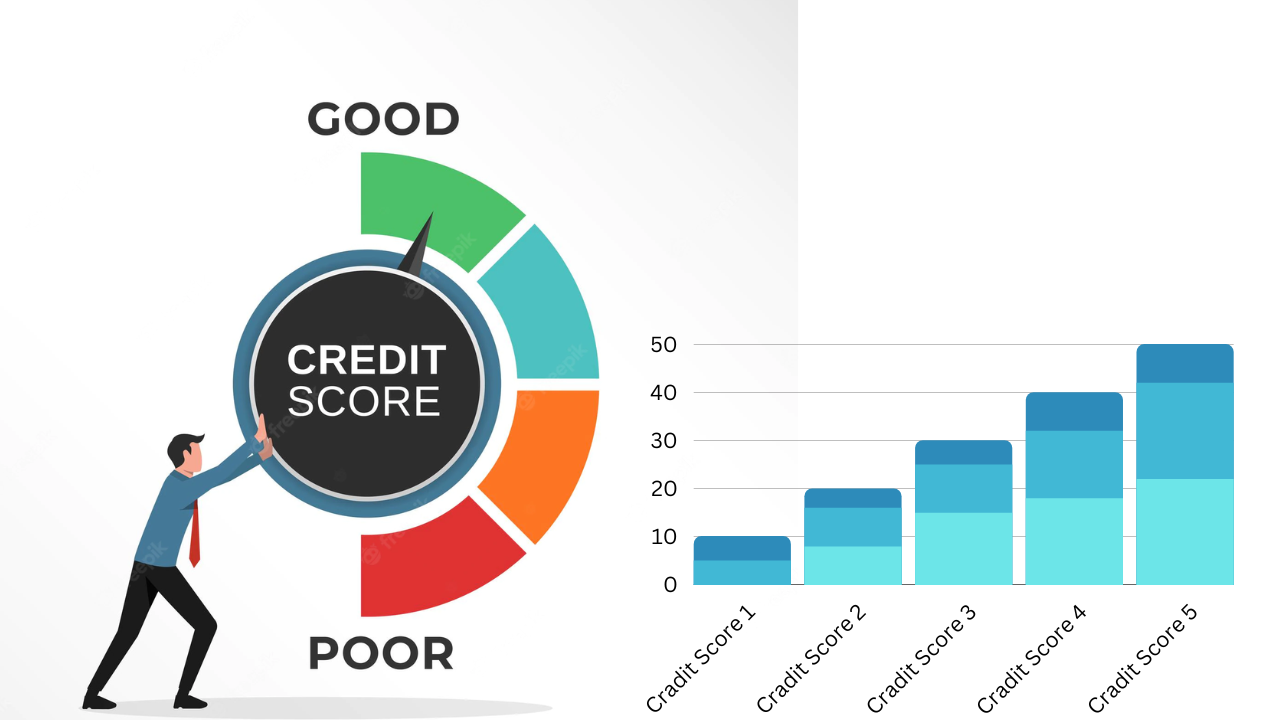
Your credit score is one of the most important financial tools you have. It impacts your ability to get loans, credit cards, housing, and even job opportunities. Unfortunately, many people unknowingly make mistakes that can harm their credit score. To help you maintain a healthy score, here are the top 10 credit mistakes you should avoid.
1. Missing Payments
Payment history makes up 35% of your credit score, so missing even one payment can have a significant impact. Late payments can stay on your credit report for up to seven years, making it harder to qualify for credit in the future. Set up autopay or reminders to ensure you never miss a due date.
2. Maxing Out Your Credit Cards
Your credit utilization ratio (the amount of credit you use compared to your credit limit) plays a major role in your score. Using more than 30% of your available credit can hurt your score. Try to keep your balances low and pay them off regularly.
3. Only Making Minimum Payments
Paying only the minimum keeps you in debt longer and increases the amount of interest you pay. It also keeps your credit utilization high, which can negatively affect your credit score.
4. Closing Old Credit Accounts
Length of credit history accounts for 15% of your score. Closing an old credit account can shorten your credit history and increase your credit utilization ratio, both of which can lower your score. Unless there’s a compelling reason, keep your old accounts open and active.
5. Applying for Too Much Credit at Once
Each time you apply for a new line of credit, a hard inquiry appears on your credit report. Too many hard inquiries in a short period can make you look risky to lenders and lower your score. Only apply for credit when necessary.
6. Ignoring Your Credit Report
Errors on your credit report can drag down your score. Check your report regularly through AnnualCreditReport.com to ensure all information is accurate. Dispute any errors immediately to prevent unnecessary damage to your credit.
7. Co-Signing Loans Without Understanding the Risks
When you co-sign for someone else’s loan, you are equally responsible for the debt. If they miss payments, it will negatively impact your credit score. Only co-sign if you fully trust the borrower to make timely payments.
8. Not Having a Mix of Credit Accounts
Your credit mix contributes 10% to your score. A healthy mix of credit cards, installment loans, and retail accounts can help improve your score. However, don’t take on debt just to diversify—only borrow what you can manage.
9. Ignoring Debt Collections
If an account goes to collections, it can seriously damage your credit score. Instead of ignoring collection agencies, try to negotiate a settlement or payment plan. Some creditors may even agree to a pay-for-delete agreement to remove the collection from your report.
10. Not Using Credit at All
Having no credit history can be just as harmful as having bad credit. Lenders need to see a track record of responsible borrowing and repayment. If you’re new to credit, consider starting with a secured credit card or becoming an authorized user on someone else’s account.
Final Thoughts
Your credit score is a crucial part of your financial well-being. Avoiding these common mistakes can help you build and maintain a strong score, opening doors to better financial opportunities. Be proactive, stay informed, and make responsible credit decisions.
